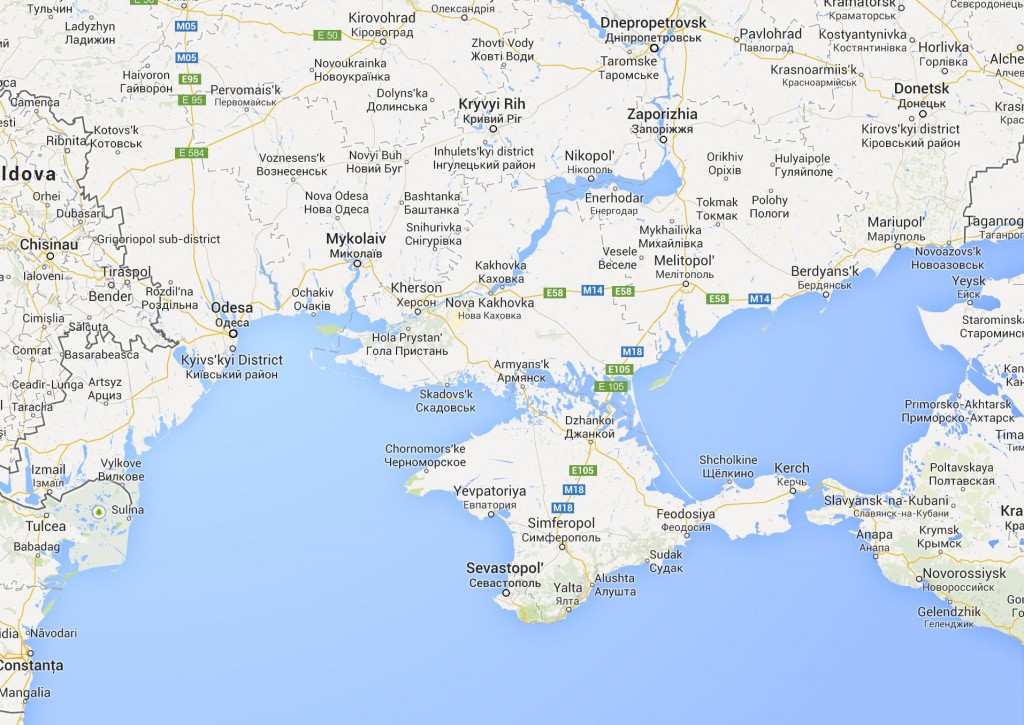Our local Conservative candidate just came by to ask for my support, so I guess we’re in an election cycle again. While these can be divisive and angry events, I still deeply believe in representative democracy, and I welcome the opportunity that the election season represents to discuss policy, leadership, and the kind of country we want to have.
I’m well aware that we’ve already had our first leadership debate and weeks of advertising, but so far I’ve chosen to ignore most of this activity. Firstly, I’m a completely content cord-cutter, so I am rarely exposed to ‘push’ advertising. The parties may be spending millions to promote their image and attack their opponents, but as far as I’m concerned this is completely wasted money. My children, reared on Netflix, find it deeply strange that people tolerate a TV show being interrupted by a paid commercial, and I completely agree with them. This perhaps is of the defining conflicts of our age. On one side we have commercial interests trying to buy our eyeballs and our attention, and on the other we have all of us who are trying to maintain ownership and autonomy over our own mental environment.

http://www.theguardian.com/cities/gallery/2015/aug/12/tokyo-without-ads-japan-stripped-bare-in-pictures
So for that reason I happily embrace cord-cutting and ad-blocking, why I listen to CBC or change the channel the moment a commercial comes on, and why I find it deeply weird whenever I’m in a hotel lobby with a television blaring. I want to choose what goes into my head: how, when, and in what format.
So the parties can continue to spend millions, and I’ll continue to be completely unaffected. Because the conversation that the parties want to draw me into is not the one I want to have. At this point, I’m not actually interested in the personality of the party leaders, but I want to use this moment to think about the kind of policies and leadership that I want for this country. And it may well be that the really important issues that we need to be talking about aren’t the same as the ‘wedge’ issues that the parties will seize upon to distinguish themselves from their competition.
None of which is to imply that I don’t want to be informed, but I intend to start this election cycle figuring what truly matters first, and then do my own research on what the parties and candidates have to offer.
 I expect that it went something like this.
I expect that it went something like this. ck in a single box. And yet they are one of the best mechanisms we have so far for divining the wants and desires of the province or country as a whole. And I am profoundly grateful to live in a country that believes in free and fair elections, and believes in open, unfettered political discourse. I was reminded today that this
ck in a single box. And yet they are one of the best mechanisms we have so far for divining the wants and desires of the province or country as a whole. And I am profoundly grateful to live in a country that believes in free and fair elections, and believes in open, unfettered political discourse. I was reminded today that this 